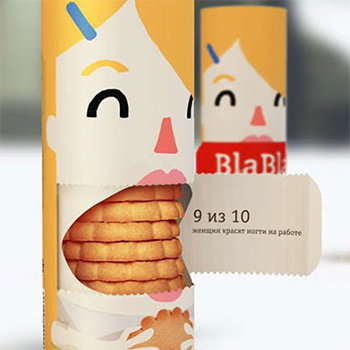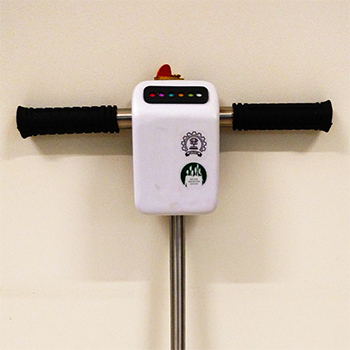Juwin Thomas is a product designer at EY. He received his M.Des in Industrial Design from IDC (IIT Bombay) in 2017. Prior to that, he did his BTech in mechanical engineering. His previous work experiences are: internship trainee at Dynamatic Technologies Limited (2014–2015), assistant design manager at Hamilton Housewares Private Limited (India) (2017–2019), senior industrial designer at Tata Elxsi (2019–2022), and product designer II at OYO (2022–2033).




